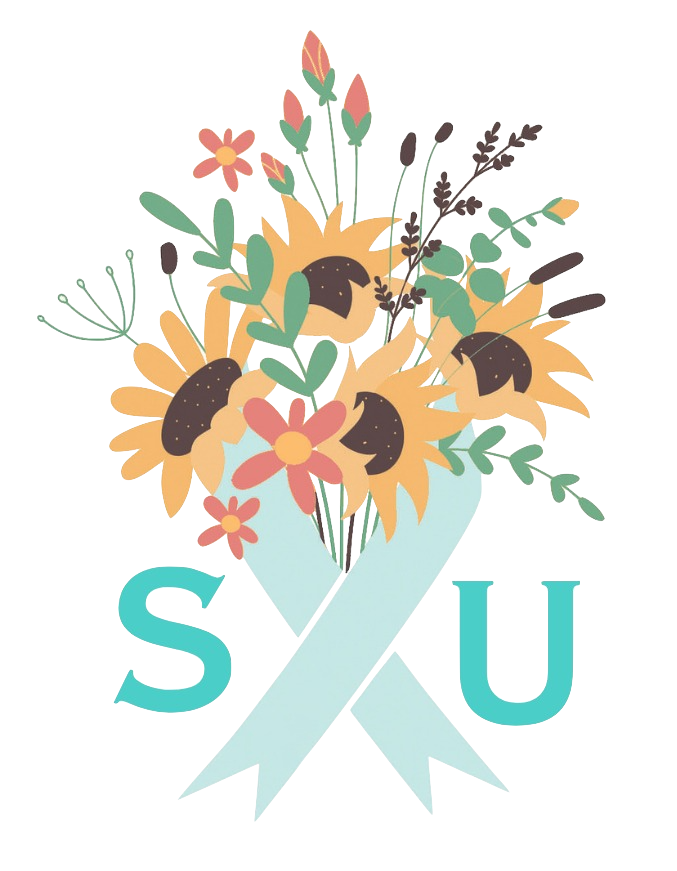PROJECT &
EDITORIAL
LEADS
Scleroderma United is accepting applications for Editorial Leads and Project Leads. Both roles will play a substantial role in overseeing and managing Scleroderma United’s internship program, which has hosted around 500 interns in 15+ countries.
Note that these are volunteer (unpaid) leadership positions that will help to manage aspects of the internship program. If you would like to apply for the internship program itself rather than a Editorial Lead or Project Lead position, sign up here to receive a notification when internship applications open in late July/early August.
Open to all high school/undergraduate/graduate applicants. Applications for Project & Editorial Leads close August 7th, 2025, 11:59 P.M. ET
EDITORIAL LEADS
Each semester, Scleroderma United publishes over 60 articles written by interns, ranging from informative research papers to reflective personal narratives. Editorial Leads will serve as peer-reviewers to ensure the accuracy, clarity, and quality of all written content. As an Editorial Lead, you will be responsible for editing, finalizing, and publishing the articles. The expected time commitment for editors is 3-4 hours/week.
PROJECT LEADS
Each project at Scleroderma United is supported by a dedicated Project Lead who oversees the interns assigned to that project. Mentors provide guidance, answer questions, and review deliverables to ensure high-quality work. They also support interns throughout their article-writing process, offering feedback and ensuring intern work is completed. This mentorship helps create a collaborative environment where both interns and mentors can learn, grow, and contribute meaningfully to Scleroderma United’s mission. We will select 1-2 Leads per project (see below for project descriptions). The expected time commitment for Project Leads is 4-5 hours/week.
Qualitative Research Project
Interns will engage in extensive analysis of Scleroderma United’s publication, Scleroderma Stories, which features interviews with people diagnosed with scleroderma. This project will involve the qualitative coding, literary analysis, and general demographic analysis of the existing Scleroderma Stories publications in order to pull out existing patterns and themes within the scleroderma patient experience. This project will be more literature and narrative medicine-focused, which means the emotional experience a patient undergoes within the medical context is much more emphasized than usual in typical academic research.
Scientific Studies Project
Scientific Studies Project Interns will synthesize recent scleroderma news and scientific developments into quick, palatable, and easily digestible pieces. Over the course of the internship, the interns will create short-form educational content that encapsulates the most important recent scleroderma-related developments. All educational content will be published online, and select posts may be shared via social media. The Scientific Studies Project will help patients that face a steep learning curve when seeking to understand the scientific aspects of scleroderma and stay up-to-date with the emerging research related to their illness.
Sclero Sundays Project
The “Sclero Sundays” posts act as brief highlights/summaries of the larger Scleroderma United publication, “Scleroderma Stories,” designed to hook the reader in and direct traffic toward our publications (https://www.sclerounited.us/stories/). The Scleroderma Stories publication, and by extension the Scleroderma Sundays posts, operate to provide a personal look into the lives of individuals diagnosed with scleroderma. Through these, our audience catches a glimpse into the journeys of these scleroderma warriors to see the hard realities and joyous triumphs that come along with life as a scleroderma warrior.
Web Voices Project
Scleroderma United has gathered a powerful collection of patient interviews translated into multiple languages to amplify global voices and share people’s lived experiences with scleroderma. The Web Voices Project focuses on making these stories publicly accessible by publishing them to our website. Interns will be responsible for uploading and formatting these interviews using WordPress, gaining hands-on experience in website building, content management, and accessibility based practices. This work will directly support international scleroderma patients, particularly those with limited access to care, by connecting them to real stories and insights from around the world.
Global Expansion Project
Interns will be translating Scleroderma Stories interviews into another language. Highlighting both hardships and passions, our Scleroderma Stories publication helps patients realize that they are not alone and that they can still live very fulfilling lives. Our interviews are conducted and published in English, and most of the world’s resources and support services are in English as well. Translating Scleroderma Stories interviews into another language will positively impact under-resourced patients around the world and remove language barriers that prevent patients from discovering the vibrant scleroderma community.
(Language skills required)
Learn Center Content Project
Scleroderma United has created a Learn Center on its website to encourage and facilitate learning about scleroderma. However, this Learn Center is in need of a revamp! Learn Center Content Project interns will update our Learn Center with the latest information about scleroderma and restructuring the resource. In particular, interns will be researching and writing content about caregiver burnout, medical tests (such as scleroderma-specific autoantibody testing and pulmonary function tests), and clinical trials.
Check out our Fall 2024 Internship Recap here!
